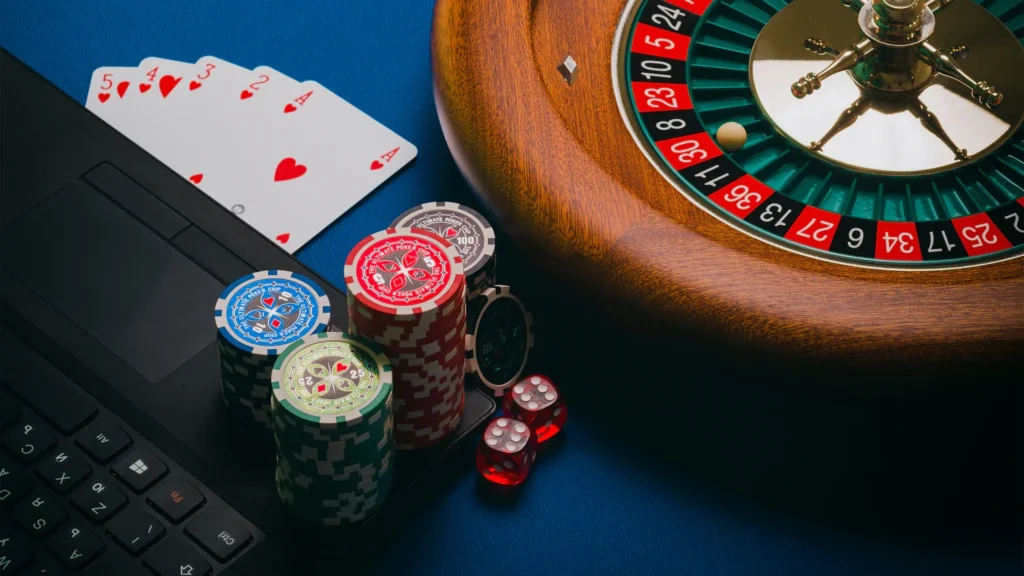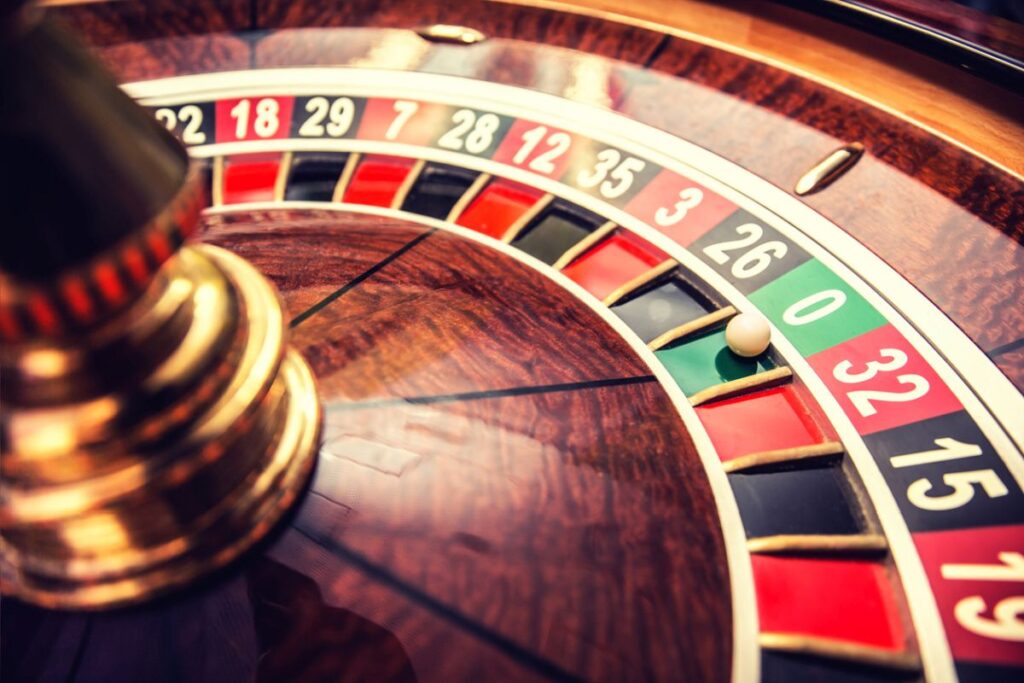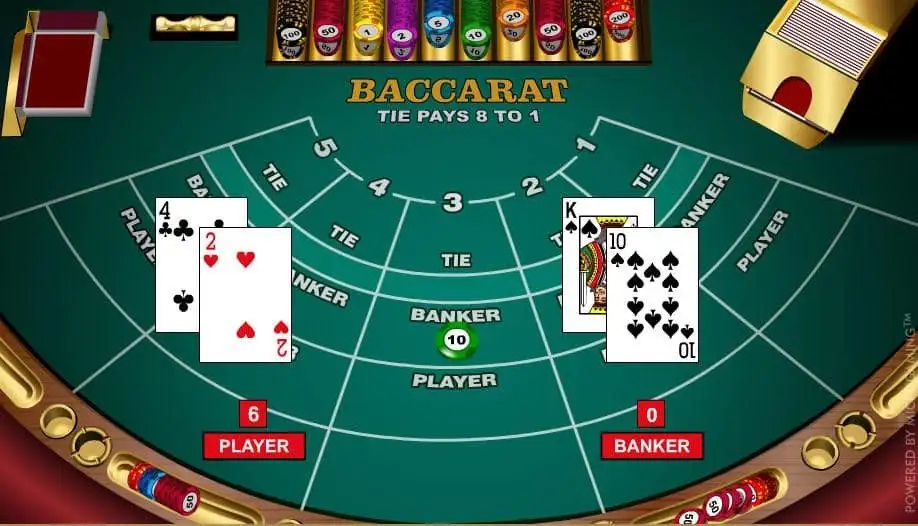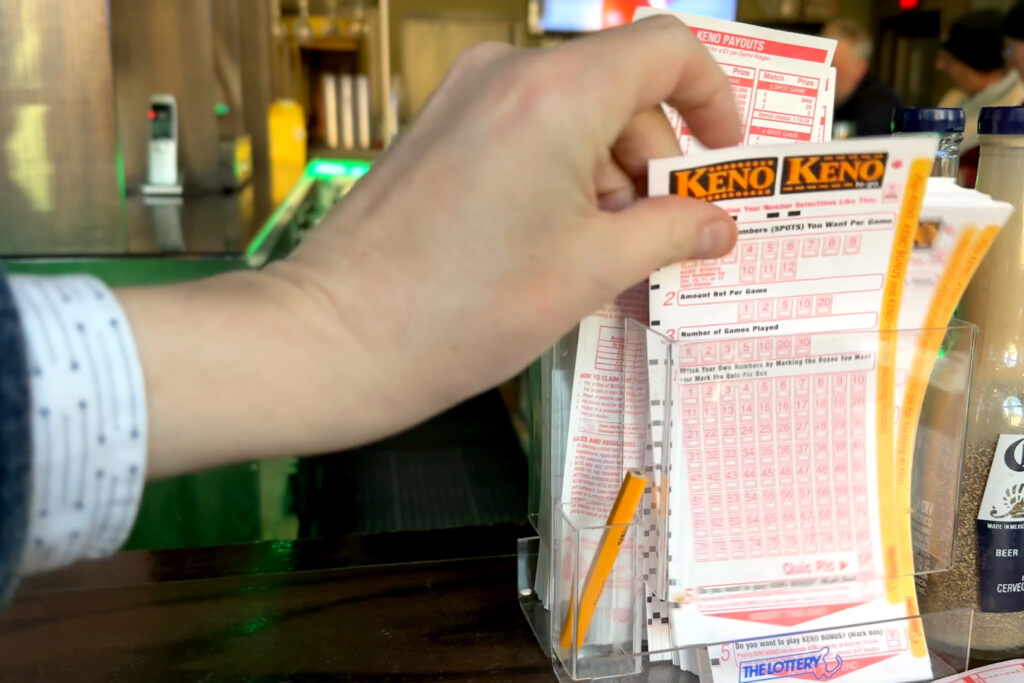
The Science of Luck: Unraveling the Math Behind Casino Games
At its core, online casino games are a dance of chance and strategy, with a set of mathematical probabilities determining the outcome. This dance is guided by a principle known as casino odds. To the uninitiated, casino odds might seem like just another statistic, but in reality, it holds the key to understanding how games function, and, more crucially, how they can be approached to maximize enjoyment and potential returns.
Imagine stepping into a battlefield without any knowledge of your opponent’s strategy. In the world of gambling, a lack of understanding of game odds is akin to this. Players who understand the odds have a clearer insight into:
- Game Dynamics: Recognizing how particular games work and predicting possible outcomes.
- Strategic Betting: Crafting a betting strategy that aligns with the odds can mean a world of difference in terms of potential winnings and losses.
- Informed Choices: With numerous games available, knowing the odds can guide players to games that align with their risk appetite and gameplay preferences.
In essence, understanding game odds isn’t just about improving one’s chances of winning; it’s about playing smarter, enjoying the gaming experience to its fullest, and making well-informed decisions at every turn.
Basic Concepts

Navigating the world of gambling, whether online or offline, can feel like trying to understand a foreign language for newcomers. But fear not, because once you grasp a few foundational concepts, everything else falls into place. In this section, we’ll demystify three central terms: House Edge, Player Odds, and the role of randomness and luck.
House Edge – The Casino’s Silent Partner
When you hear gamblers lamenting, “The house always wins,” they’re referring to a concept known as the House Edge. In simple terms, the House Edge is the average percentage profit a casino expects to earn from each game over time. It’s a measure of how much the game tilts in favour of the casino as opposed to the player.
For instance, if a game has a house edge of 5%, it indicates that, on average, for every $100 bet by players, the casino expects to keep $5 and return $95 to the players.
Understanding the House Edge is crucial because it gives players a snapshot of the game’s profitability for the casino and, by extension, the potential cost of playing that game over time.
Player Odds – Your Shot at Winning
On the flip side of the House Edge are the Player Odds. These odds represent the probability of a player winning in any given round of a game. The higher the player odds, the better the chance you have of pocketing a win.
For example, in European Roulette, if you bet on a single number, your odds of winning are 1 in 37, since there are 37 possible outcomes. These odds inform players about the potential risk and reward of each bet.
The Dance of Randomness and Luck
At the heart of every casino game is an element of unpredictability. This randomness ensures that no pattern can be discerned from the outcomes, making each game round as exciting as the last. In games like slots or roulette, Random Number Generators (RNGs) – especially in online casinos – ensure this unpredictability.
However, randomness doesn’t negate the role of strategy in games like poker or blackjack. It simply adds an element of luck. While players can employ tactics to increase their chances of winning, they must also accept that some outcomes are beyond control.
The Role of Probability in Casino Games

In the dazzling world of casino games, from the spin of the roulette wheel to the roll of dice in craps, probability reigns supreme. It is this intricate dance of numbers that determines the outcomes of games and, more subtly, the flow of money from players to the casino coffers. Let’s delve into the intricate relationship between probability and the two key concepts: casino profits and RTP.
Casino Profits: The Mathematical Advantage
One might wonder: How do casinos consistently make profits even though players do win regularly? The answer lies in the inbuilt mathematical advantage that each game offers to the casino. This advantage is often termed as the House Edge, as we previously discussed.
While individual players may walk away with substantial wins, in the long run, the aggregate of bets made by all players will ensure that the casino retains a small percentage as profit. Think of it this way: for every $100 bet across various players, the casino might retain a small fraction (like $5 in a game with a 5% house edge) while returning the rest as winnings. This consistent and subtle skimming ensures that casinos remain profitable over time.
RTP (Return to Player): The Player’s Perspective
While the House Edge offers a perspective from the casino’s vantage point, the RTP (Return to Player) is the flip side of that coin, providing the player’s viewpoint. RTP is a percentage that indicates how much of the total wagered money a slot machine or game will pay back to players over time.
For instance, if an online slot has an RTP of 96%, it implies that for every $100 wagered, the slot will, on average, return $96 to players in the form of wins. The remaining $4 is what the casino takes, aligning with the concept of the house edge.
It’s important to note that RTP is a long-term average. In the short term, a player might win a jackpot or experience a losing streak. But over extended play, the game tends to converge towards its stated RTP.
Breakdown of Casino Game Odds
Each casino game has its unique set of odds, influenced by a myriad of factors. As players, understanding these odds can help optimize the gaming experience. Let’s journey through some of the most popular casino games and unravel the mystery behind their odds.
Slot Machines

- Typical House Edge: Slot machines usually have a house edge ranging from 2% to 15%, depending on the machine and its configuration.
- Factors Influencing the Odds:
- Number of Reels: More reels often mean more symbols, which can decrease the likelihood of a winning combination.
- Symbols: Special symbols like wilds and scatters can influence winning chances.
- Paylines: More paylines can increase chances of a win, but also increase the total bet.
- Tips for Players: Look for slots with higher RTPs, understand the paytable well, and manage your bankroll efficiently.
Blackjack
- Basic Strategy and its Impact on House Edge: Mastering basic strategy can significantly reduce the house edge, often bringing it down to less than 1%.
- Importance of Deck Numbers and Game Rules Variations: Fewer decks usually benefit the player. Rules like whether the dealer stands/hits on soft 17 can also influence the odds.
- Card Counting: An advanced strategy where players track card distributions. While effective, it’s frowned upon by casinos and may be illegal in some jurisdictions. Additionally, it’s challenging to master, especially with casinos using multiple decks and shuffling them often.
Roulette

- Differences Between American and European Roulette: European Roulette has one zero, while American Roulette includes a double zero, doubling the house edge.
- House Edge: European Roulette typically has a 2.7% house edge, while American Roulette stands at 5.26%.
- Betting Strategies: Systems like the Martingale and the Paroli have their proponents, but no strategy can overcome the house edge in the long run.
Craps
- House Edge on Various Bets: The house edge can vary dramatically: pass line (1.41%), don’t pass (1.36%), and others can reach up to 16%.
- Best Bets for Players: Stick to the pass/don’t pass and come/don’t come bets for the best odds.
Baccarat

- House Edge: Banker (1.06%), Player (1.24%), and Tie (around 14%).
- Betting Strategies: Due to its low house edge, many players bet on the banker. However, it’s essential to remember that casinos often charge a commission on banker wins.
Poker (Casino Variants)
- Player vs. Player vs. House Games: Traditional poker is player vs. player. Casino variants, like Three Card Poker or Caribbean Stud, are player vs. house, impacting strategy and odds.
- Typical House Edges: Varies by variant, but Caribbean Stud, for example, has a house edge of around 5.2%.
- Importance of Strategy and Bluffing: While bluffing is essential in traditional poker, optimal strategy is more critical in casino variants.
Other Games

- Keno: High house edge, often between 20-30%.
- Video Poker: Varies by machine, but with optimal strategy, some variants have house edges less than 1%.
- Sic Bo: Varies based on bet type, ranging from 2.78% to over 20%.
- Tips for Players: Always familiarize yourself with the rules, paytables, and odds. Practice in low-stakes settings or free demos before committing significant funds.
Remember, while understanding odds can enhance your gaming experience, the most crucial element is to play responsibly and for entertainment.